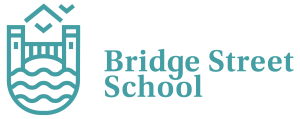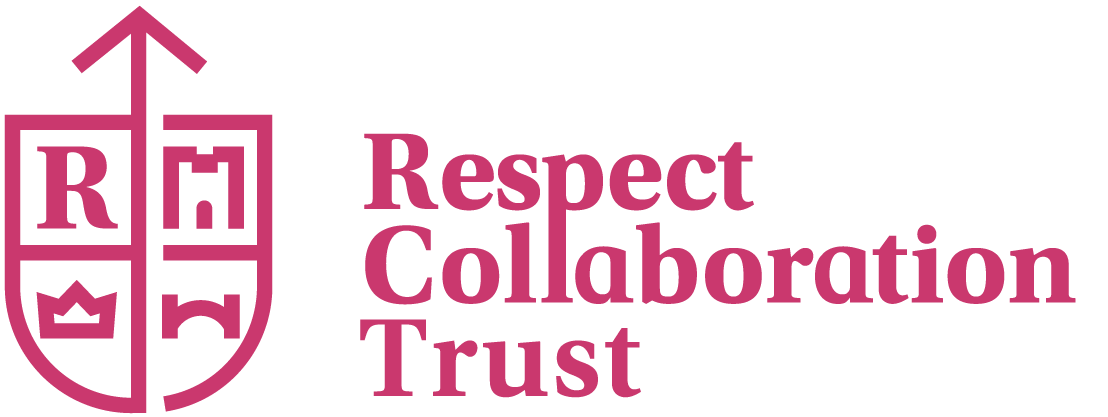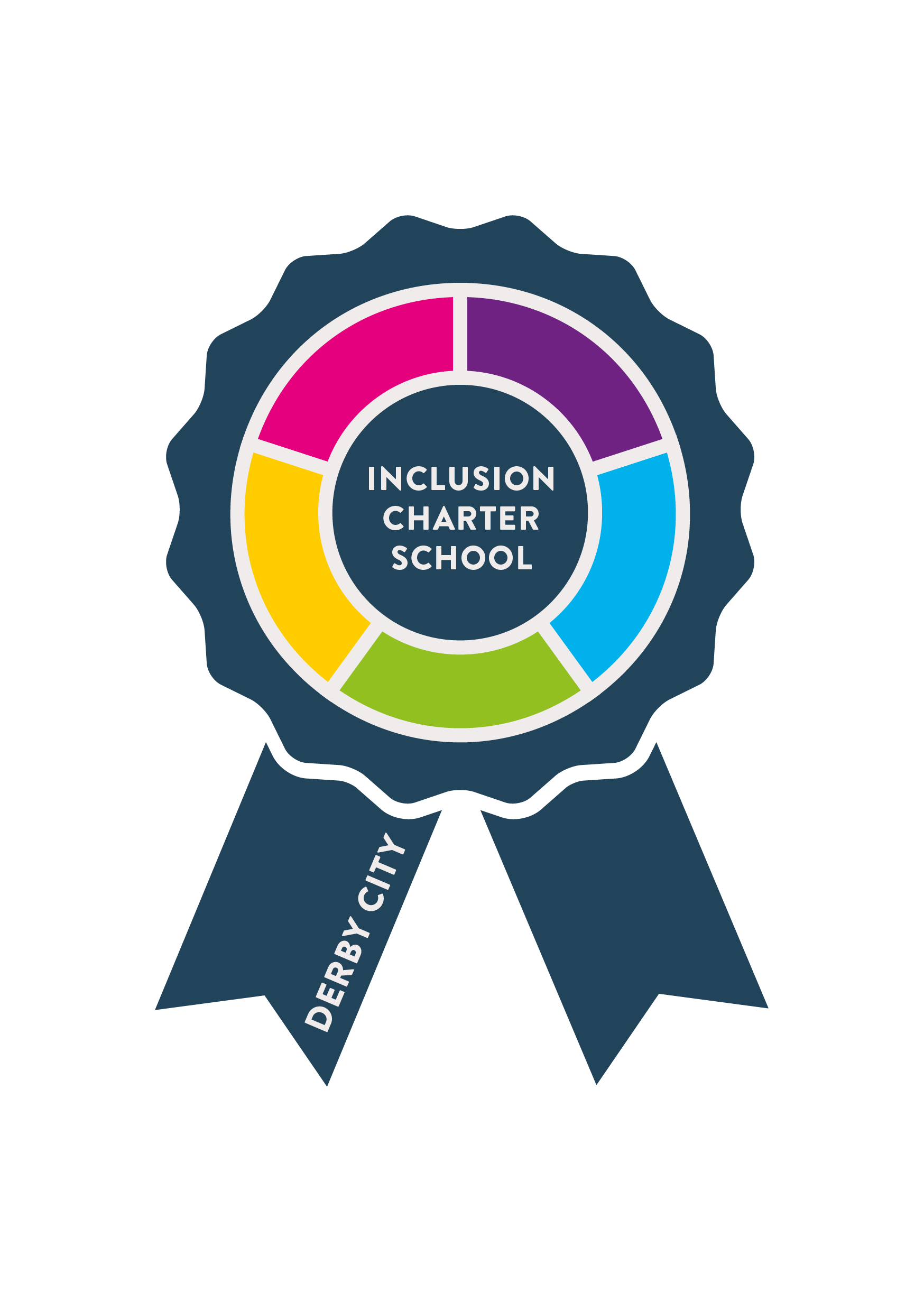Reading is widely regarded as the key to accessing education and the modern world. For our students at The Respect Collaboration of Schools we are using a Janus model approach to this as we are acutely aware that many of our students come to us with gaps in their learning. Our first aim is to identify these areas, and set students on the appropriate path that will support. We reflect on their past learning so we can then look to their future where we work to build students’ skills and confidence in preparation for their next milestones.
Every student at The Respect Collaboration of Schools will be taught to improve their reading so that they can use these skills to better access all areas of the curriculum. We work on improving the fluency so that comprehension is easier, strategies for decoding new words and their meaning are introduced and the spellings of trickier and unfamiliar words or phrases is practiced. Support is in place for students at all stages along this path with a passionate, highly motivated and well trained team of staff.
We want students to leave The Respect Collaboration of Schools as readers who can enjoy the beauty of Literature and experience the wider world with its different cultures and experiences. Building cultural capital where this might be quite limited. More pragmatically, we also want to equip students to be able to face some of the challenges of adulthood. To be able to read critically and decipher hidden bias and agendas in order that they are not vulnerable to manipulation. We don’t want our students to miss out on opportunities in their lives because they are unable to recognise when they are being given them. Fundamentally, students need to be able to read confidently to protect themselves and to get the best out of life.
Reading Curriculum
Our reading curriculum has been developed to re-engage students and build an ethos of healthy reading practices. All pupils will read books that are appropriately levelled to both interest and challenge them. We use a programme called Accelerated Reader which is designed to motivate students, track progress and guide our learners to demystify the selecting of books. It is a digital platform which helps with student engagement and reading on a tablet can conceal a book’s literacy level which removes any visual barriers that a book can carry. All students will have reading sessions each week and the number of these will vary according to need. These lessons will include a variety of tasks that will support students learning to read and they will encourage reading for pleasure. A range of 1:1 tasks, group guided reading and whole class strategies will be used by teachers and assistants who are fully trained in the reading programmes we are using across the schools.
Reading across the wider curriculum
Reading is a key priority across all subjects and age groups. We are passionate about raising the reading skills of our students, so they can open up the learning in all aspects of their lives. We promote Disciplinary Reading throughout our school helping students see the connections between each subject and see how reading is useful for many career paths and professions. Alongside this, we see that developing the vocabulary of our students is a high priority, as we can’t rely on them building their vocabulary outside their school setting. Across all subjects, tier 2 vocabulary is taught explicitly and Standard English utilised to model and encourage more formal registers and when they are appropriate. We like to celebrate reading at every opportunity with rewards, presentation evenings, World Book day events and National Poetry Day activities. Building a culture of reading is one of the greatest gifts we can give all of our students and we are all dedicated to making this happen.
Early Reading
The Systematic Synthetic Reading programme we use is called Little Wandle Letters and Sounds and is used across all sites at all key stages giving students the continuity that will best support them. If students receive a score lower than their age related expectations, they are screened for Phonics and placed on the appropriate level of the programme. Students will read books that are aligned with the phase at which the student is at. Spellings work and handwriting development will also be linked so the sound development is reinforced throughout the teaching day. Students will also read whole class novels and poems which will help to challenge with new words, text structures and gives them experience of a range of writers and genres. These are key concepts that will be the foundations for future learning.




